Coronavirus world: Delta variant ‘greatest threat’ in fight against Covid
Health experts say the surging Delta variant poses the biggest challenge in ending the pandemic as Indonesia faces a Covid tragedy.

Coronavirus
Don't miss out on the headlines from Coronavirus. Followed categories will be added to My News.
The highly-contagious Delta variant is causing a surge in new Covid-19 cases even in countries with high vaccination rates and experts warn that inoculation campaigns are in a race against time to contain it.
For the moment the pandemic is still slowing down with the World Health Organisation (WHO) reporting the lowest number of new cases worldwide since February and decreasing deaths attributed to the coronavirus.
But concerns are growing about the fast-spreading variant, prompting new restrictions in countries that had previously managed to control their epidemics.
Cases are on the rise in Australia, Russia, Israel and across parts of Africa, in part due to Delta. Other countries fear they could be next.
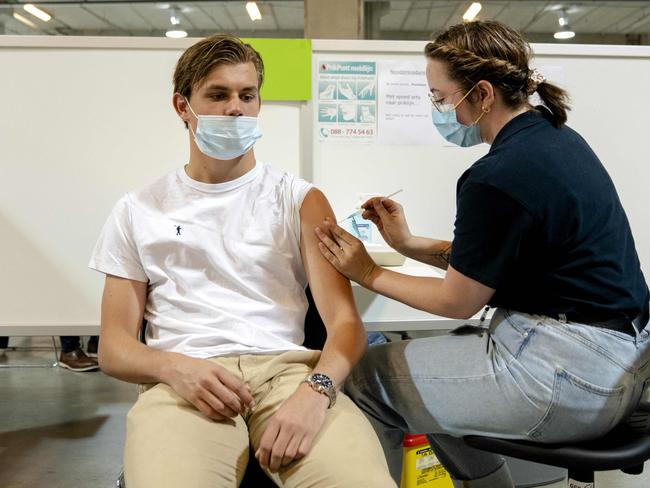
MORE CONTAGIOUS
The Delta variant of Sars-CoV-2 was first detected in India where it began circulating around April.
It is now present to varying degrees in at least 85 countries according to the WHO.
In Europe, Delta initially gained a foothold in the United Kingdom, where it quickly outpaced the previous variant of concern Alpha, and now comprises 95 per cent of all sequenced cases in England.
Delta is thought to be some 40 to 60 per cent more contagious than Alpha, which itself is more contagious than the strain responsible for the first wave of Covid-19.
The pattern has repeated elsewhere.
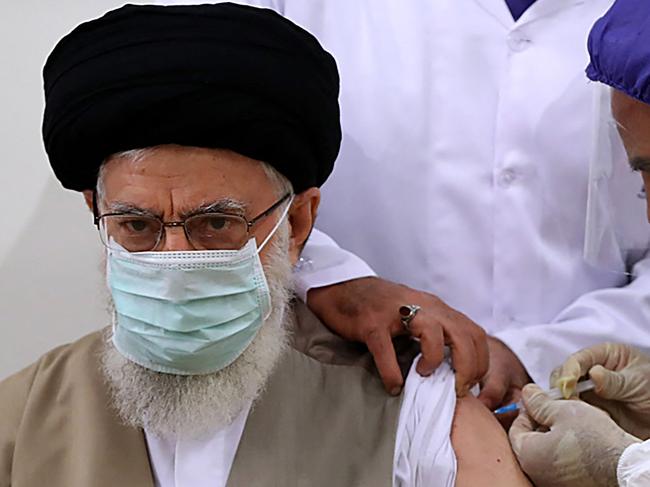
In the United States last week 35 per cent of positive tests that were sequenced were identified as the Delta variant, up from about 10 per cent on June 5 — numbers similar to what is being observed in Israel.
The European Centre for Disease Control (ECDC) has estimated Delta could account for 70 per cent of new infections in the EU by the beginning of August and 90 per cent by the end of that month.
Researchers looking at data from the greater Paris region estimate in a soon-to-be-published report that Delta could be as much as 50 to 80 per cent more contagious than other strains.
VACCINATION KEY
Top US infectious disease scientist Dr Anthony Fauci called the variant the “greatest threat” to efforts to control the virus and called for an acceleration in vaccinations, US media reported.
While several studies have shown that vaccines are slightly less effective against Delta, they are still highly effective, but only after the second dose.
Recent data from the UK government shows that full immunisation can offer about 96 per cent protection against hospitalisation and 79 per cent protection against symptomatic infection by the Delta variant.
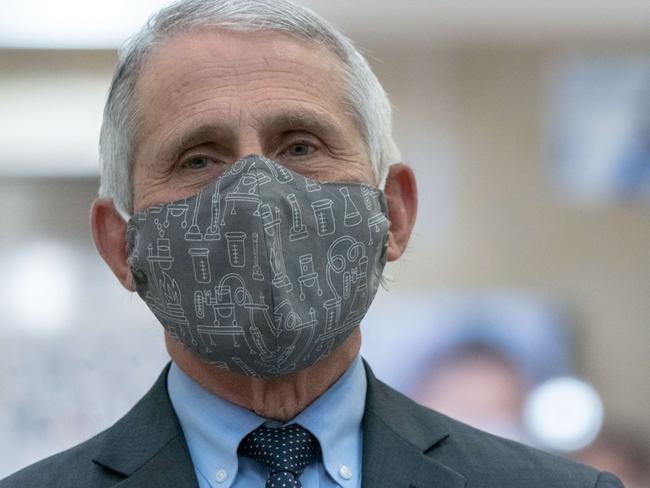
Protection after only one dose, however, is much weaker — 35 per cent, according to the same data.
“One dose is not enough,” says a public health notice from the ECDC, “full vaccination is needed to protect the most vulnerable.”
RETURN TO RESTRICTIONS?
Delta is so contagious that experts say you would need to inoculate more than 80 per cent of a population in order to contain it — a target that would be challenging even for nations with significant vaccination programs.
In Africa, the WHO estimates that only one per cent of the population is fully vaccinated — the lowest ratio globally.
The Delta variant has been reported in 14 African countries, accounting for most new cases in the Democratic Republic of Congo and Uganda, the WHO has said, calling for a vaccine “sprint” across the continent.
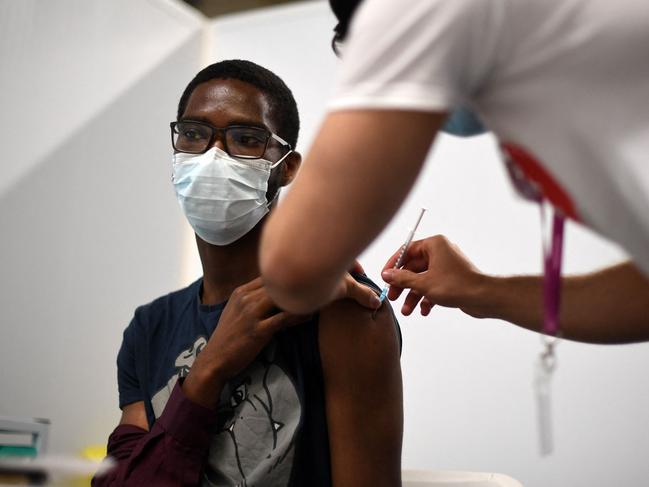
A further complication is that Delta seems to largely bypass immunity that might be conferred by a previous infection, said Samuel Alizon, a biologist specialised in infectious disease modelling.
“We can’t really rely on natural immunity anymore,” he told reporters. With large numbers of younger people remaining unvaccinated, tough measures may have to be reintroduced to stop the spread, even in nations where large-scale vaccine rollouts had held out the promise of reopening.
In Europe, the ECDC warned that any further relaxation of containment measures would risk a surge in new cases across age groups.
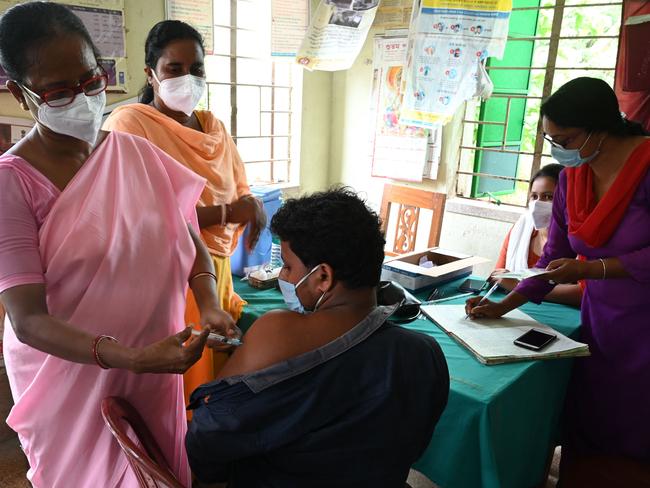
This could lead to a rise in “hospitalisations, and deaths, potentially reaching the same levels of the autumn of 2020 if no additional measure are taken,” it added.
Some countries – including Australia – have already announced a return to certain restrictions.
“Our goal is to end it,” said Israel’s prime minister Naftali Bennett, “to take a bucket of water and pour it on the fire when the fire is still small.”
INDONESIA’S COVID TRAGEDY
Over a dozen fully vaccinated doctors have died of Covid-19 in Indonesia, a medical association said as the Southeast Asian country battles a rash of severe cases in inoculated medical workers and highly infectious new virus strains.
Infections have surged in the nation of 270 million people in the past week, passing two million cases on Monday as hospital occupancy rates soared to over 75 per cent in Jakarta and other hard-hit areas.
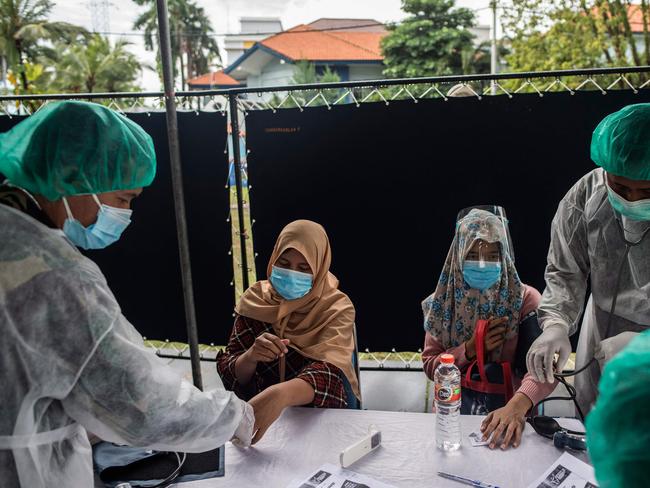
Nearly 1000 Indonesian health workers have died from the virus since the pandemic started, with the country’s medical association confirming on Friday that 401 doctors were among the victims -- 14 of whom were fully vaccinated.
“We are still updating the data and confirming whether the other cases had been vaccinated or not,” the association’s Covid-19 mitigation head Mohammad Adib Khumaidi told journalists.
The rise of severe cases in inoculated medical workers has raised questions about the China-produced Sinovac jab, which Indonesia is heavily relying on to vaccinate more than 180 million people by early next year.
This month, more than 300 vaccinated doctors and health care workers in Central Java were found to have been infected with Covid-19, with about a dozen hospitalised.
The country is also grappling with new virus strains, including the highly infectious Delta variant first identified in India.

Clinical symptoms suggest that strain is responsible for a surge in cases in West Java, the medical association’s spokesperson for the province, Eka Mulyana, said.
“In West Java, bed occupancy rates have exceeded 90 per cent. Some hospitals’ rates are even more than 100 percent,” he told reporters.
“At this rate, our health system is close to collapse.”
Dozens of communities in Central Java’s Kudus regency were put under lockdown after the Delta variant was detected in local testing samples, causing a sudden spike in virus cases.
The surge has been partly blamed on millions travelling from that region across the Muslim-majority nation at the end of Ramadan last month, despite an official ban on the annual migration.
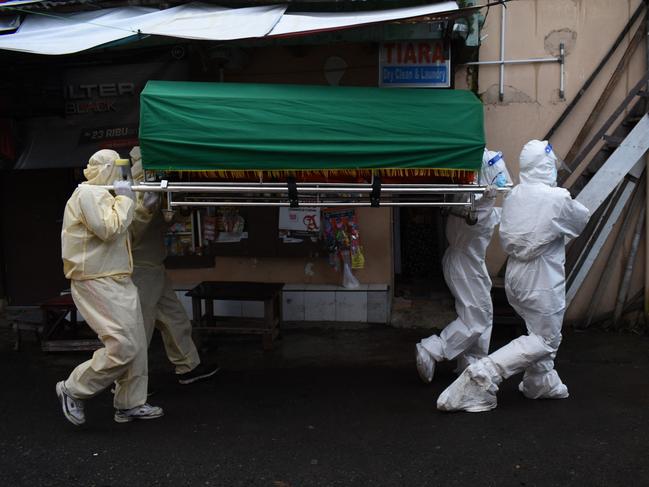
The Indonesian medical association’s Kudus representative, Ahmad Ipul Syaifuddin, has said the mass movement of people had made it next to impossible to determine where the surge began.
“We have no clue on how to trace and find the first spreader of the Delta cases because the sampling test result came out around three weeks after the mass exodus,” he said.
“My sample was among the tested sampling for the Delta variant. I have already recovered and (have) tested negative now, but I still have a cough.”
COVID AFFECTS BRAIN FUNCTION
It has also emerged that the coronavirus can infect brain cells, leading to a reaction that could possibly trigger neurological and psychological complaints, Dutch researchers have said.
Although the spread of coronavirus rapidly stops, leading to limited damage after entering the brain via the nose, it triggers cytosines, small proteins that act as messengers within the immune system, said the study published in the US-based mSphere microbiology journal.
“These can play a role in local infections … that possibly contribute to neurological and psychological complaints among many (ex) patients,” said the study, done by the Erasmus University Medical Centre in Rotterdam.
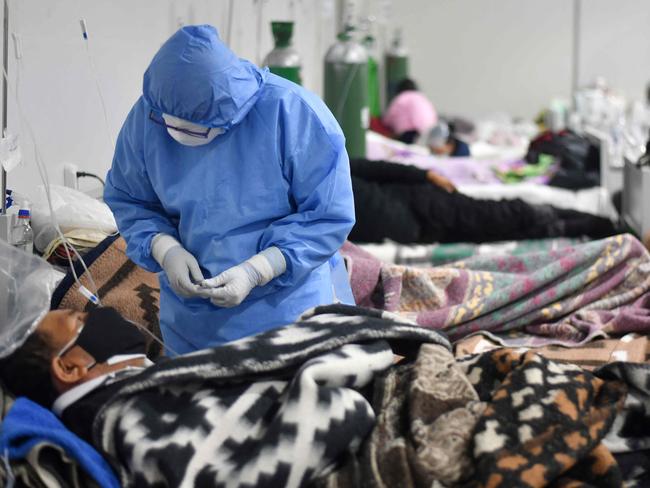
“What we saw was similar to the fact that infection by SARS-CoV-2 seldom leads to serious encephalitis in which the virus spreads uncontrollably through the brain,” said Debby van Riel, virologist at Erasmus University.
“But the fact that SARS-CoV-2 possibly can enter the brain via the olfactory nerve and locally infect cells, which leads to an inflammatory response, can certainly contribute to neurological disorders,” she said in a statement.
Since the coronavirus pandemic started, patients around the world have reported neurological and psychiatric disorders such as memory problems, headaches, rare psychoses and in some cases encephalitis.
One in three people who contracted Covid were diagnosed with these disorders within six months of being infected, said a large study published in April in The Lancet Psychiatry specialist journal.
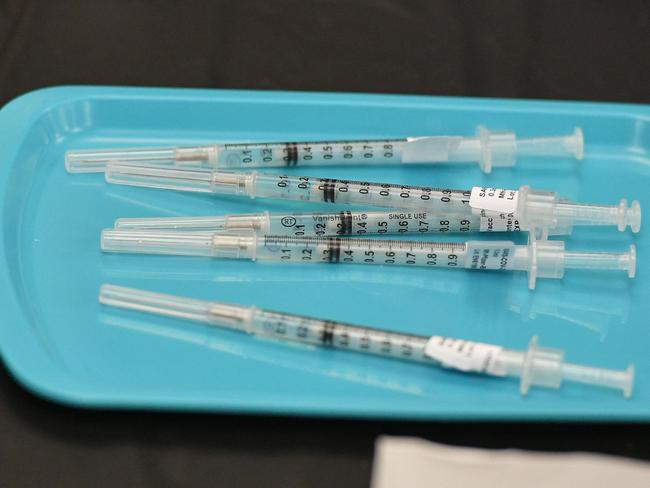
Growing data has indicated that the virus could enter the brain via the olfactory nerve, the Erasmus study added.
However, what happens when the virus entered the brain remained poorly understood, it said.
“Apart from our findings, the immune system probably also plays a role,” said Femke de Vrij of Erasmus’ psychiatry department.
“More research is needed,” she added.
“We have now observed the virus in cells over a short period of time. We also just looked at a limited number of brain cells,” said De Vrij, adding that further research “will tell us more about what the viral infection does with brain structures over the short and longer term.”
’WORST YET’
The World Health Organisation has warned that the coronavirus third wave threatens to be Africa’s “worst yet”.
“The third wave is picking up speed, spreading faster, hitting harder,” the UN body’s Africa director Matshidiso Moeti said, adding the Delta variant has been reported in 14 countries on the continent.
It comes as Russia’s Delta spike continues. Reaching highs last hit in January, Russia reports more than 20,000 new infections and 568 deaths as the country battles a surging outbreak of the Delta variant worsened by a sluggish jab drive.
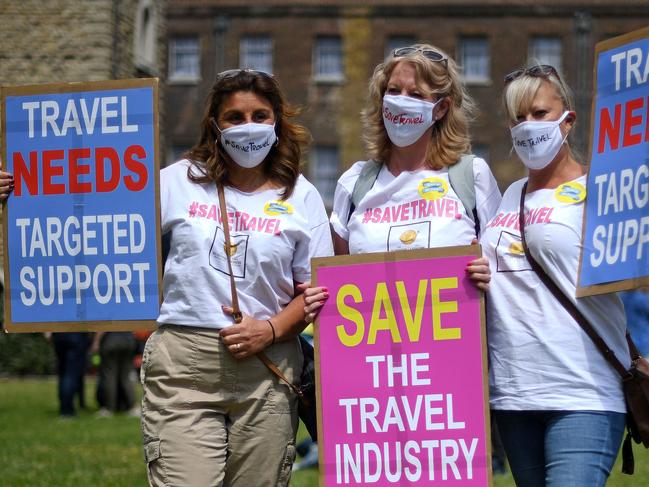
FUTURE OF UK, EUROPE TRAVEL
British Prime Minister Boris Johnson hinted that travel rules might be eased, saying there is a “real opportunity” for fully vaccinated Brits to travel during the northern hemisphere’s summer.
The British government announced it was lifting Covid travel restrictions on some countries, with visitors to Malta and Spain’s Balearic Islands no longer required to quarantine on return.
The popular holiday destinations will be placed on the government’s “green list” from June 30, with tourists no longer required to self-isolate for 10 days on return.
“We’re adding Malta to the govt green list. We’re also adding Madeira, the Balearic Islands, several UK Overseas Territories and Caribbean Islands (including Barbados) to the green list,” tweeted British transport minister Grant Shapps.
Israel has also been added to the list.
Those who visit these destinations will still be required to take a Covid test within two days of arriving home.
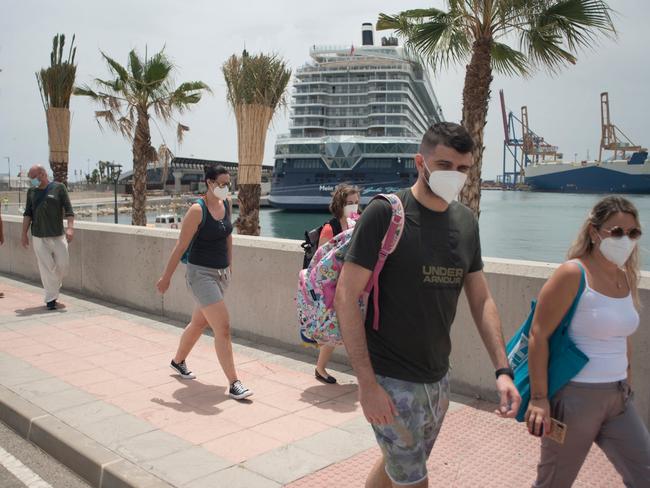
The government in London sets transport and health policy for England only, with governments in Scotland and Northern Ireland making similar announcements.
The countries were previously on the “amber” list, which requires quarantine measures on return.
Many European destinations depend on British tourists and the travel industry has been urging restrictions to be lifted.
Britain is now in the grip of another surge in Covid cases due to the emergence of the highly-infectious Delta variant, which started in India.
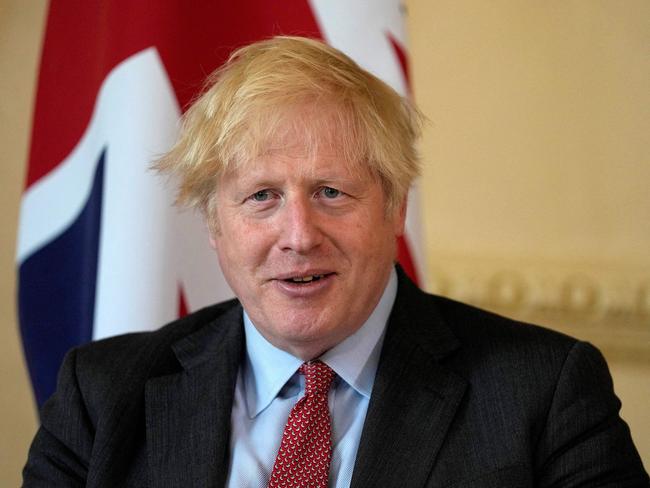
German Chancellor Angela Merkel and French President Emmanuel Macron have urged fellow EU leaders to take a firm line on travel from Britain to prevent the variant spreading elsewhere across Europe.
“We are obviously concerned about the Delta variant,” Mrs Merkel said.
Britain has recorded over 16,000 cases of the disease for two days running, although the number of deaths remains relatively low with vulnerable age groups now fully vaccinated.
UK MAN HAD Covid FOR 305 DAYS
A UK man is thought to be the world’s longest ever Covid patient after testing positive for the virus for 305 days.
Dave Smith 72, from Bristol had the virus for 10 months in what is believed to be the longest-ever recorded persistent infection with the virus.
The retired driving instructor said he was ready to give up on life.
He told the BBC he coughed for “five hours straight, non-stop”.
“I was ready to give up, I said to Lyn my wife, ‘Let me go, I’ve been hanging on, it’s so bad now, I’m just jelly’. If I go in the night, don’t be surprised,” he added.
His wife Lynda said there were “a lot of times we didn’t think he was going to pull through.”
Prior medical conditions put Mr Smith at greater risk from Covid-19.
He dropped from 117kg to 64kg during his Covid fight due to a lack of appetite.
“At one point, I was bedridden for two or three months. My wife had to wash and shave me in bed because I just couldn’t stand up,” he told The Guardian.
“Sometimes I thought: I wish they’d take me in the middle of the night, because I just can’t go on anymore. You get to the point where you are more afraid of living than you are of dying.”
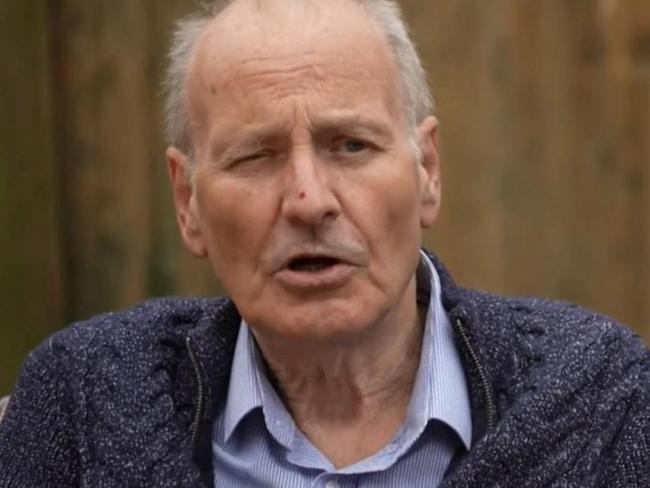
DELTA STRAIN THREATENS EU
The highly contagious Delta variant could soon account for 90 per cent of new coronavirus cases in the EU, the bloc’s disease control agency said on Wednesday local time, urging members to spur vaccination drives.
While the Alpha variant first discovered in the UK is the predominant strain now circulating in the European Union, that is expected to change quickly, the European Centre for Disease Prevention and Control said.
“It is very likely that the Delta variant will circulate extensively during the summer, particularly among younger individuals that are not targeted for vaccination,” Andrea Ammon, the centre’s director, said in a statement.
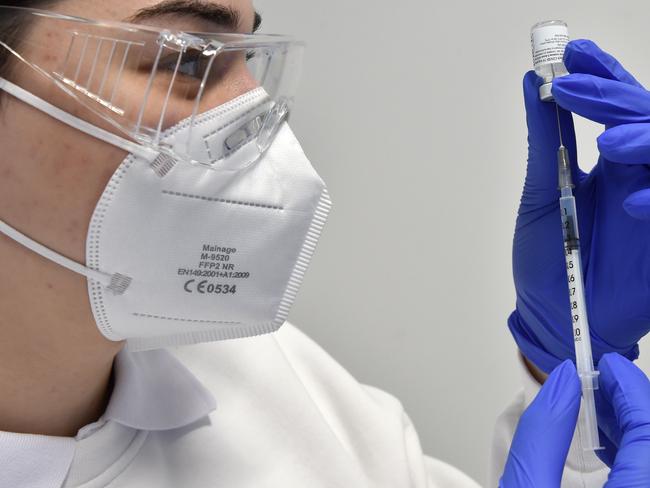
The Delta variant, first identified in India, is more infectious than other strains, she said, adding “that by the end of August it will represent 90 per cent” of new cases in the EU.
The centre’s warning comes as Russia warned of an “explosive” surge in infections that has been made worse by low rates of vaccine uptake.
The UK has also seen the Delta variant become dominant, but has been shielded by a successful vaccination campaign, with 82.5 per cent of adults having had at least one jab and 60 per cent fully protected.
“It is very important to progress with the vaccine rollout at a very high pace” in order to stop the spread of the variant and mitigate its health impact, the centre said.
To date, about 30 per cent of the over-80s and 40 per cent of the over-60s in the EU are still not fully vaccinated, the centre’s data show.
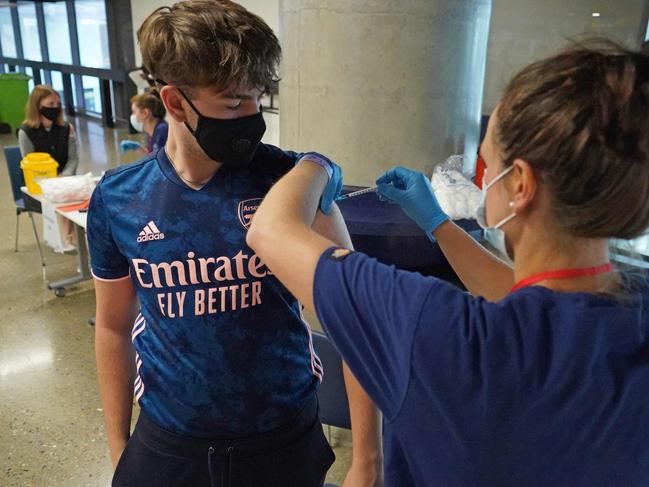
“At this stage it becomes crucial that the second vaccination dose is administered … to speed up the rate at which vulnerable individuals become protected,” Ms Ammon said.
The centre estimates that the Delta variant (B. 1.617.2), is 40 to 60 per cent more contagious than the Alpha variant (B.1.1.7).
“Unfortunately, preliminary data shows that it can also infect individuals that have received only one dose of the currently available vaccines,” Ms Ammon said.
“The good news is that having received two doses of any of the currently available vaccines provides high protection,” she added.
In the UK, hospitalisations and the numbers of patients on mechanical ventilators have crept up in recent weeks. There were 250 people requiring help breathing on June 22, more than double the number from a month earlier, National Health Service data show. Still, both measures are well down from their peak.
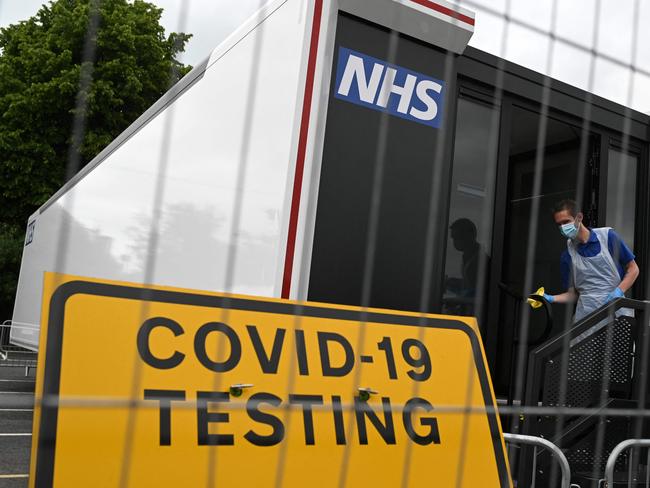
RUSSIA WARNS OF ‘EXPLOSIVE’ SURGE
Meanwhile, Russia warned on Wednesday local time of an “explosive” spread of the Delta coronavirus variant in the country that was made worse by a sluggish vaccination campaign leading to rapidly rising infections and deaths.
Citing increases in cases of coronavirus in all Russian regions, Deputy Prime Minister Tatiana Golikova called for stronger restrictive measures and speeding up of inoculations.
“Last week the death rate linked to Covid increased by 21.3 per cent compared to previous months,” Golikova said, as the country records thousands of new cases and hundreds of deaths every day.
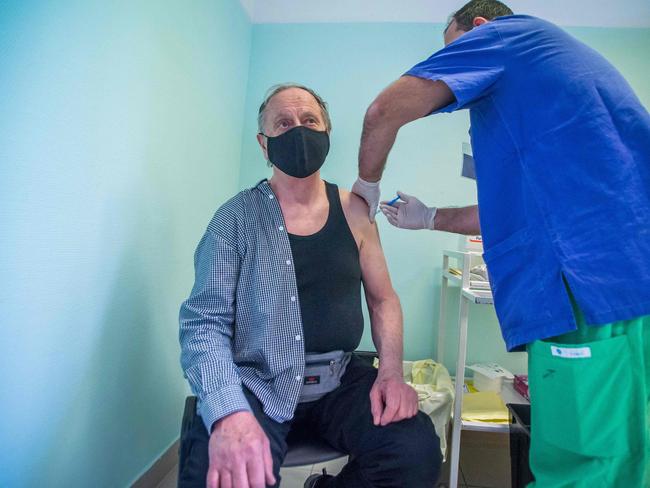
“The situation has become explosive,” said Moscow Mayor Sergei Sobyanin, who has taken a leading role in Russia’s response to the pandemic.
He said that more than 50,000 new infections had been recorded in the Russian capital, the epicentre of the country’s outbreak, over the past two weeks, calling it a pandemic high.
The highly infectious Delta variant, which first appeared in India, represents nearly 90 per cent of new cases in Moscow, Sobyanin said.
He said that the city has 20,000 beds available for coronavirus patients, more than half of which are occupied.
Russian authorities have stepped up measures to encourage a populace suspicious of coronavirus vaccines to get inoculated.
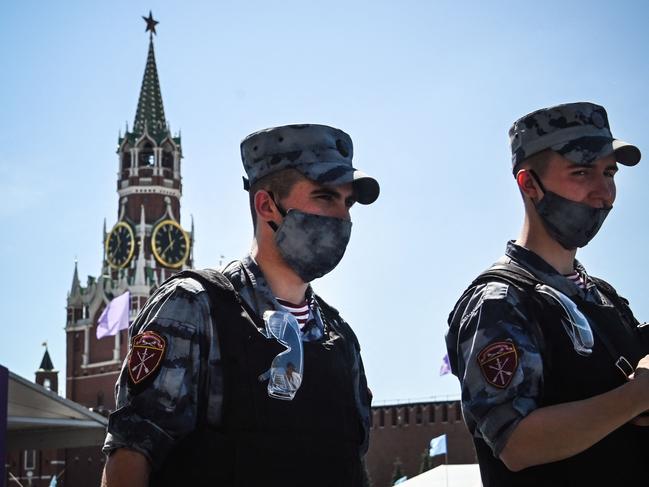
Last week Sobyanin announced mandatory vaccinations for 60 per cent of service sector workers by August 15.
The city has also introduced an anti-Covid pass for dining out starting June 28, allowing only residents who have been vaccinated, were sick in the past six months or can present a recent negative PCR test into restaurants.
Although free jabs have been available to Russians since December, just 20.6 million out of a population of about 146 million have received at least one dose of a vaccine, according to the Gogov website which tallies Covid figures from the regions and the media.
Russia is among the countries hardest hit by the pandemic, with the sixth-highest number of cases in the world.
NEW COVID SYMPTOMS IN YOUNG PEOPLE REVEALED
Meanwhile, a study from the United Kingdom has revealed the Delta variant that is worrying the world has different symptoms in young people than previous strains of the virus.
Prof Tim Spector, of Kings College in London, who runs the Zoe Covid Symptom study, said catching the Delta variant can feel “more like a bad cold” for younger people.
Symptoms include a headache, sore throat and runny nose – as opposed to the cough, fever and loss of smell or taste that had been previously seen.
Prof Spector told the BBC those symptoms were now less common, based on the data the Zoe team has been receiving from people who logged their symptoms on an app.
“Since the start of May, we have been looking at the top symptoms in the app users – and they are not the same as they were.”

He said people might not feel badly ill, but they were still carriers of the virus and could place others at risk.
“People might think they’ve just got some sort of seasonal cold and they still go out to parties and they might spread around to six other people … We think this is fuelling a lot of the problem,” the BBC reported him saying.
“The message here is that if you are young, you are going to get milder symptoms anyway.
“It might just feel like a bad cold or some funny ‘off’ feeling – but do stay at home and do get a test.”
– with Andrew Koubaridis, David Aidone
.
More Coverage
Originally published as Coronavirus world: Delta variant ‘greatest threat’ in fight against Covid




